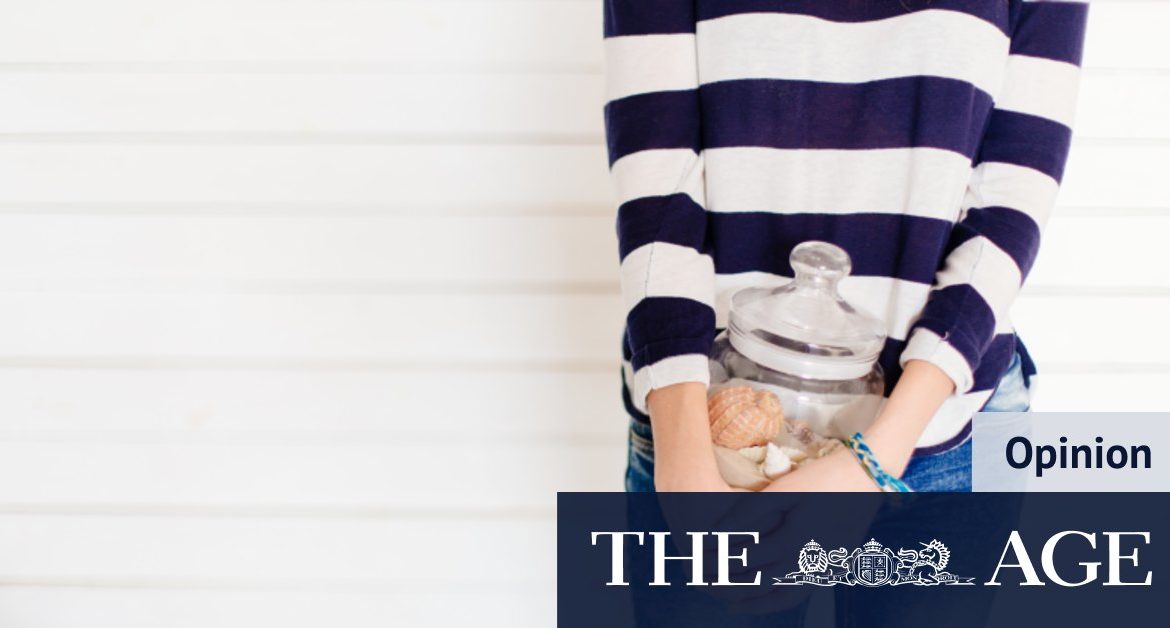“OK. Sure.” He sounded disappointed.
We both knew I had lied to him. I was a high achiever at a school of high achievers – more than half our class ended up in the top 10 per cent of the state – and, to be honest, I would have felt like I’d failed if I wasn’t in the top 5 per cent. Despite the attempts by our teachers to encourage us to follow our interests, my peers and I built our school lives around that final number – even those of us who weren’t taking maths could instantly calculate how a subject’s weighting could affect a final score.
Underneath the terror of that final number, there was a second, deeper fear. It gripped me while I wandered around university open days, eyes glazed, taking every single brochure; or when I sat in the careers counsellor’s office, comparing my subject choices to course prerequisites. The fear that I had no idea what I wanted to do – and that no one was going to tell me.
I pushed that fear down. Surely, if I aced my subjects, it wouldn’t matter. By then, I would know.
The morning after that call, I got my number. It was high. High as I’d hoped. For one glorious moment, I collapsed on my bedroom floor in relief. But through everything that followed – the photo shoot, changing my university preferences, changing them back again, the long listless summer where I read novels and ate bags of chips every day – that larger fear remained.
I picked a humanities course, but I felt the subjects had to be “useful”: international politics, economics, anything in the Law buildings.
Loading
So here’s where I ended up, after that impossibly high score: doing subjects I hated, turning up 40 minutes late to tutorials because I struggled to create routine without the structure of school, wandering the beautiful grounds of the university alone because I didn’t know how to make friends in a course of thousands instead of classes of 25.
I let deadlines slide and handed in assignments late. I failed a subject, for the first time in my life.
I had a near-perfect score. But that wasn’t what I needed.
Here are the important moments I’d missed: the times I’d stay up until 3am, reading. How I’d turn to a book of Greek myths I’d borrowed from my grandmother, when I wanted to be swept up in stories older and larger than I was. The bottle of sand from the beach my family went to each summer, which I kept as a reminder of where I felt truly myself. The people I met – outside of uni – who could make me laugh no matter how bad the day had been. The moment I procrastinated finishing an assignment by writing the first line of a novel.
That novel became my debut, published last year. The bottle of sand became a fictional island, and the book of myths a dictionary of fabled sea creatures, both of which are in my second book. I married one of those friends, and am still close to the others.
Because I knew all along what I wanted to do. I just had to take my eyes off the ATAR to let myself see it.
I wrote my book Before the Beginning to play out my biggest fears of this time at the end of school: what if I failed one of those all-encompassing exams? What if my friendship group fell apart, or the faith and world view I’d relied on began to unravel? I wanted to offer my characters a way through the impossible pressure so often placed on young people of this age – to give them the resilience I had needed.
Loading
So, I pushed them harder than I had been pushed, left them alone on an island for a week, with their futures falling to pieces, and I saw what they did next.
I am filled with awe when I think of the current year 12s, and the resilience they have shown. I hope that, in this time when we have all slowed down, these young people have seen those moments I missed. The friendships that have drawn tighter through distance. The hobbies that have kept them going through quarantine. The music they’ve made in their bedrooms.
I hope they notice these moments faster than I did, and know that listening to them is all they need to do to find their way to the future – whatever their ATAR.
Before the Beginning (Hachette Australia) by Anna Morgan is out now.
This article appears in Sunday Life magazine within the Sun-Herald and the Sunday Age on sale November 29. To read more from Sunday Life, visit The Sydney Morning Herald and The Age.
Get a little more outta life
Most Viewed in Lifestyle
Loading







